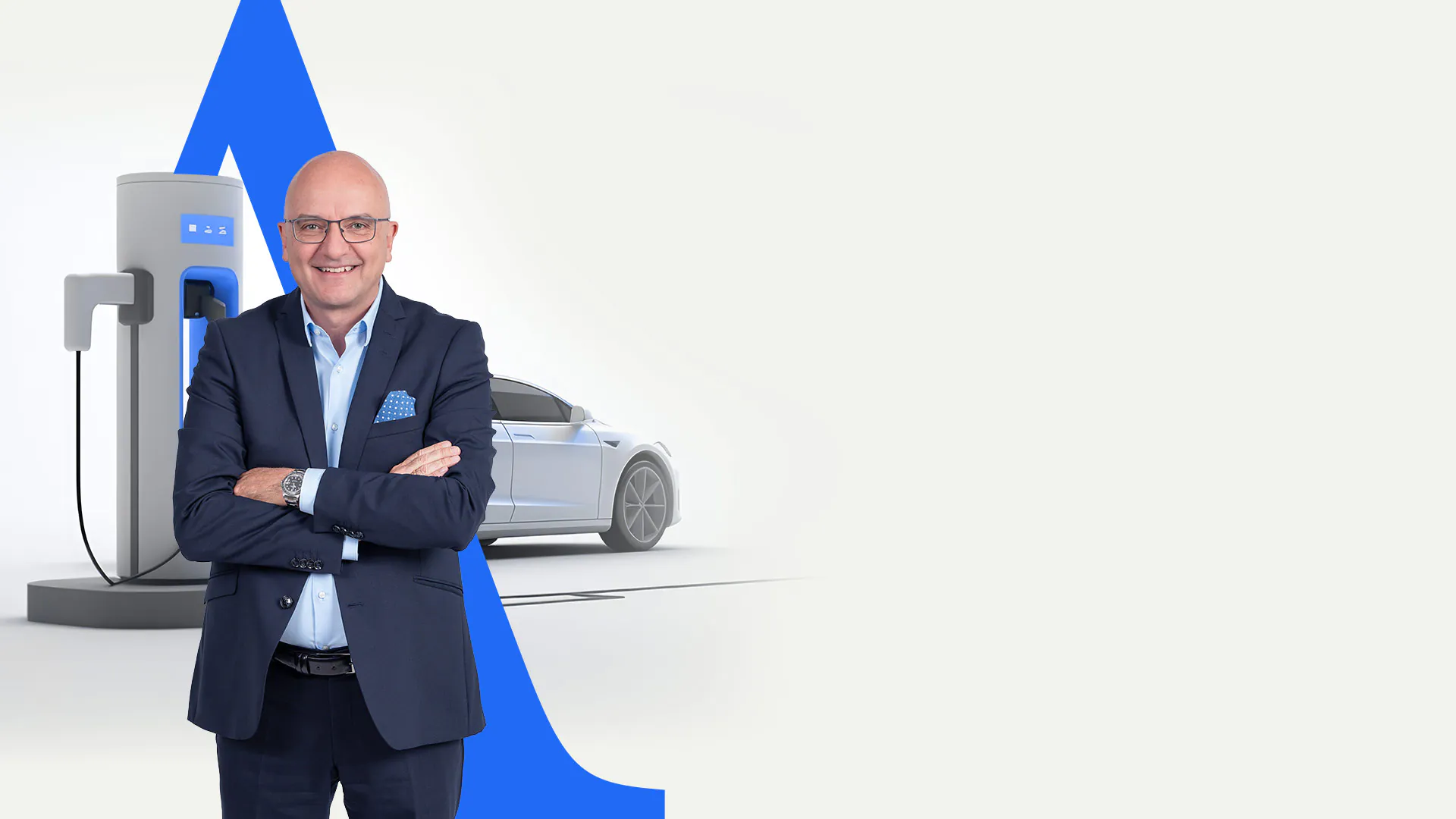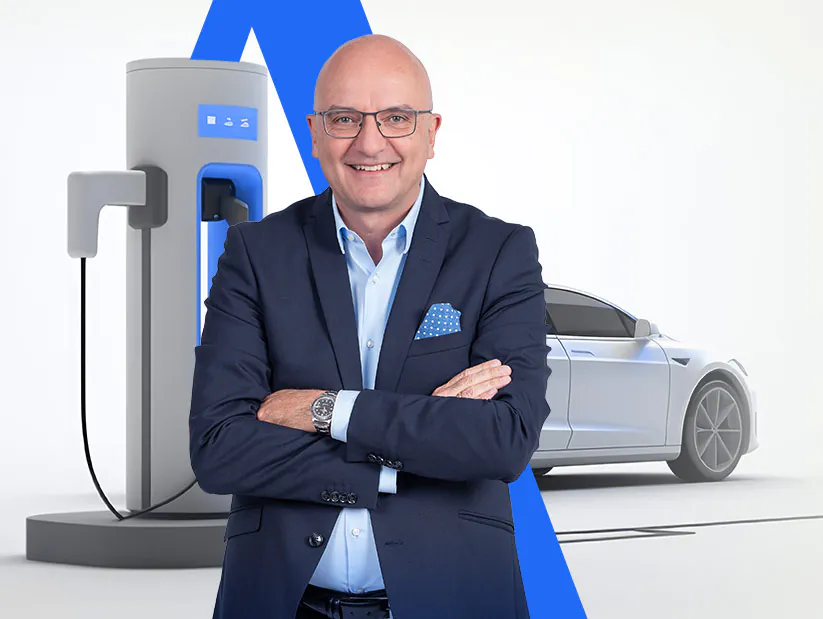

Atreus in the Media
Electricity, price, misplanning: this is why the e-car offensive is faltering
Atreus in the Media
E-car revolution and the expected turnaround
Germany is aiming for an e-car revolution, but so far the hoped-for turnaround has failed to materialize. In the German newspapers Münchner Merkur and Frankfurter Rundschau Atreus Director Stefan Randak explains that high prices and political planning errors are the reasons. What opportunities and prospects does he see for e-mobility.
The goal of the e-car offensive: challenges and obstacles
The European Union and the Federal Republic of Germany are committed to e-mobility. The German government has set an ambitious target of 15 million e-cars by 2030. The EU has decided on the end of combustion engines and presented a law for improved charging station supply at the beginning of July. But the reality is different: E-mobility is not finding the desired acceptance among people. There are many reasons for this, including excessively high prices and wrong political decisions.
E-car acceptance remains subdued
The German Federal Statistical Office reported in 2022 that Germans are still struggling to buy electric cars. Although the share of e-cars has increased, they are still a minority on German roads. Currently, just under one million e-cars are registered, representing only 4.5 percent of all passenger cars. To reach the traffic light coalition’s target, about 5,000 e-cars would have to be newly registered every day. Automotive expert Stefan Randak is skeptical about this target, calling it “wishful thinking”.
„Germans continue to find it difficult to purchase electric cars“
Price barrier and expensive electricity
The main reason for the hesitant e-car acceptance is the high purchase cost. Although subsidies have made electric cars more affordable, they are still more expensive than vehicles with internal combustion engines. The German Automobile Association (ADAC) named the Dacia Spring Electric 45 Essential as the cheapest e-car with a new price of €22,750. However, most e-cars are above this price level, while combustion engines are less expensive overall.
Challenges in infrastructure development
Another problem is the inadequate infrastructure for e-mobility. The availability of charging stations varies widely across Europe. While some countries, such as France, the Netherlands and Germany, have comparatively good charging station coverage, there are still large gaps in other countries, especially in southeastern European states.
The EU plans to install a charging station for passenger cars every 60 kilometers along the main roads. However, there are no uniform quality standards and there is a challenge to expand the congested network for more powerful charging stations. In addition, there are still no sustainable solutions for electric truck charging capacities.
Opportunities and prospects for e-mobility
Despite the current challenges, there are also positive developments for e-mobility. The automotive industry is increasingly setting the course for an electric future. In the first three quarters of 2022, e-car production totaled around 375,600 vehicles. This represents an increase of 66.2 percent compared with the same period last year. Although the German industry still mainly produces cars with classic combustion engines, the e-market is booming, especially in China. Volkswagen, once the market leader, now faces tough domestic competition and ranks second in e-cars in Germany, behind Tesla.
Outlook and summary
The e-car offensive in Germany and the EU faces major challenges, but also promising opportunities. High purchase costs and expensive electricity challenge the acceptance of electric cars. In addition, the expansion of the charging infrastructure is still insufficient. Nevertheless, there are positive developments in the automotive industry and progress in the planning of charging stations. Comprehensive cooperation between policymakers, industry and consumers will be necessary to sustainably advance e-mobility and achieve the ambitious goal of 15 million e-cars by 2030.
Your contact
Will be happy to answer questions and provide answers.
This article may also interest you
Atreus in the Media
Bridging the digital gap in the construction industry
Jessica Breuer, Director of the Machinery and Plant Engineering Solution Group at Atreus in Munich, sheds light on the importance of digitalization and how it can change the industry for good.
 +49 89 452249-540
+49 89 452249-540 

